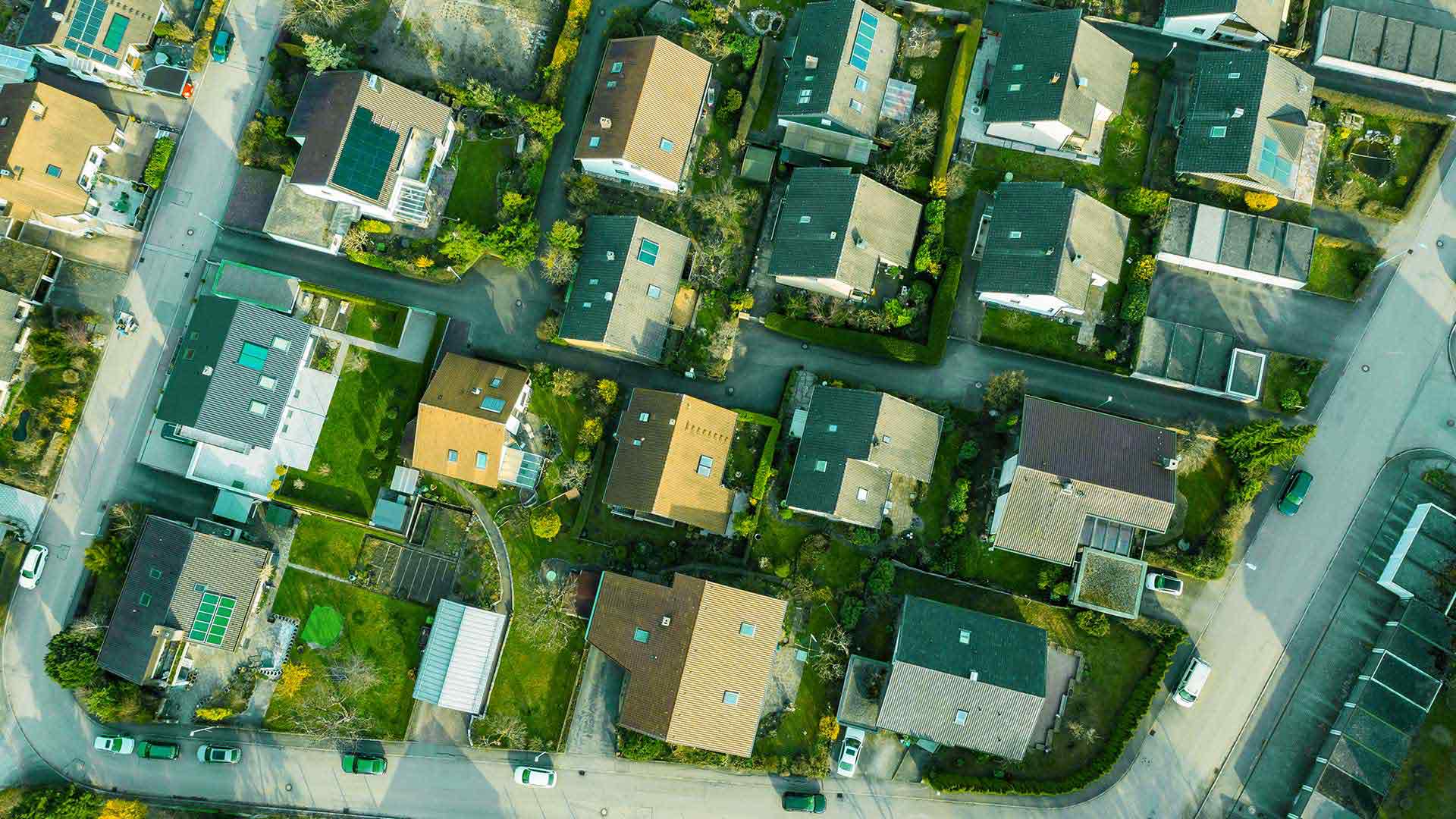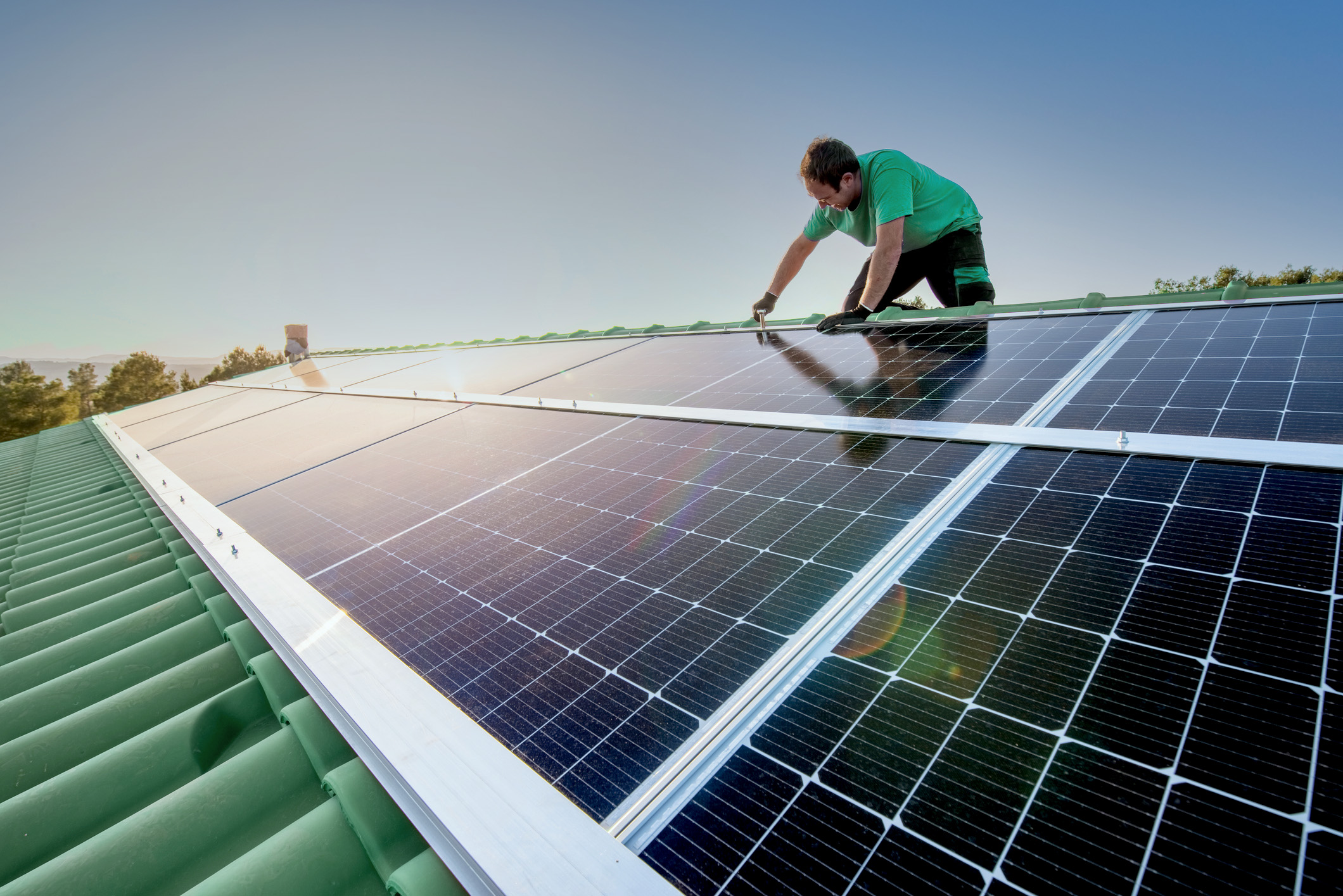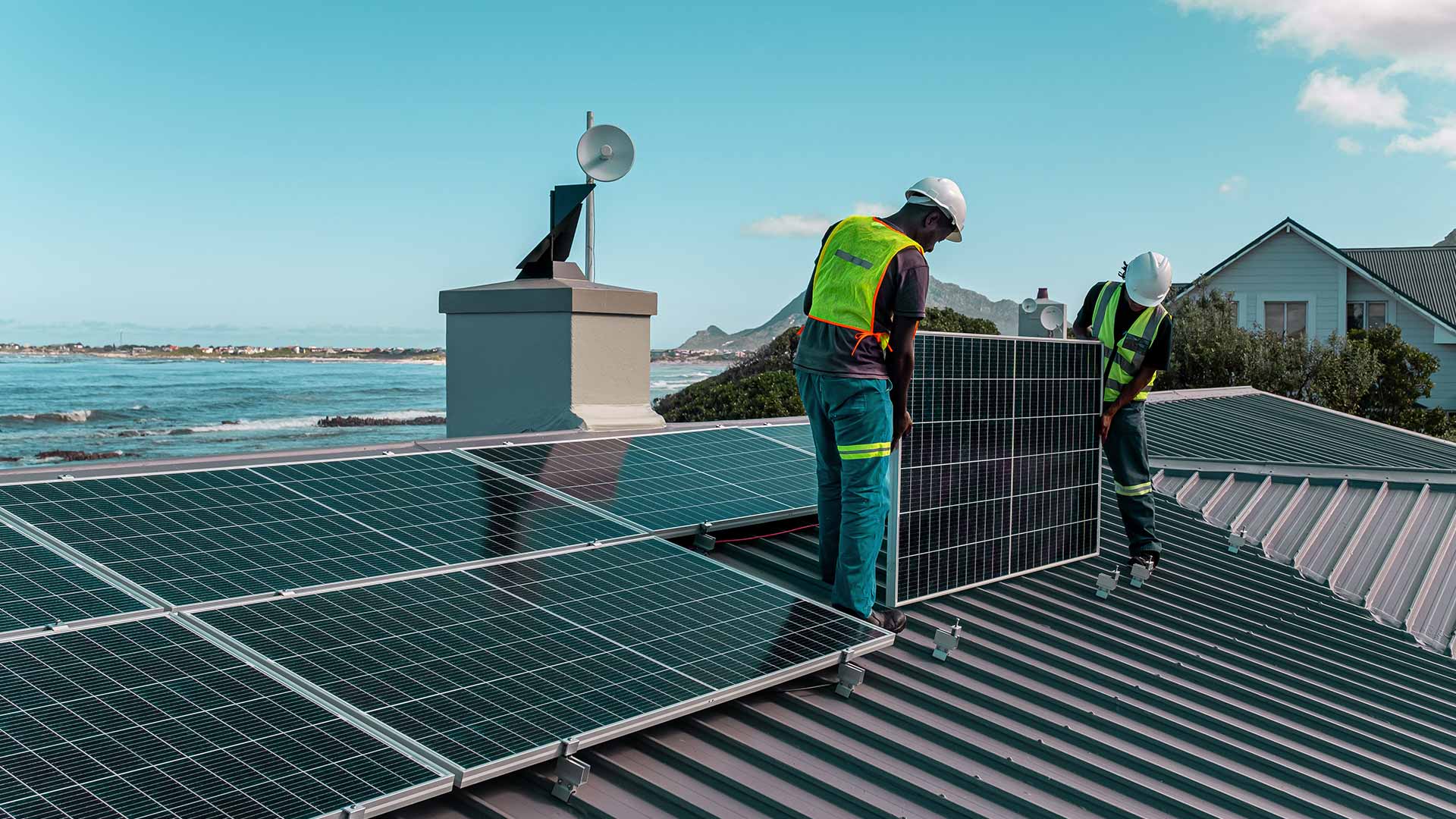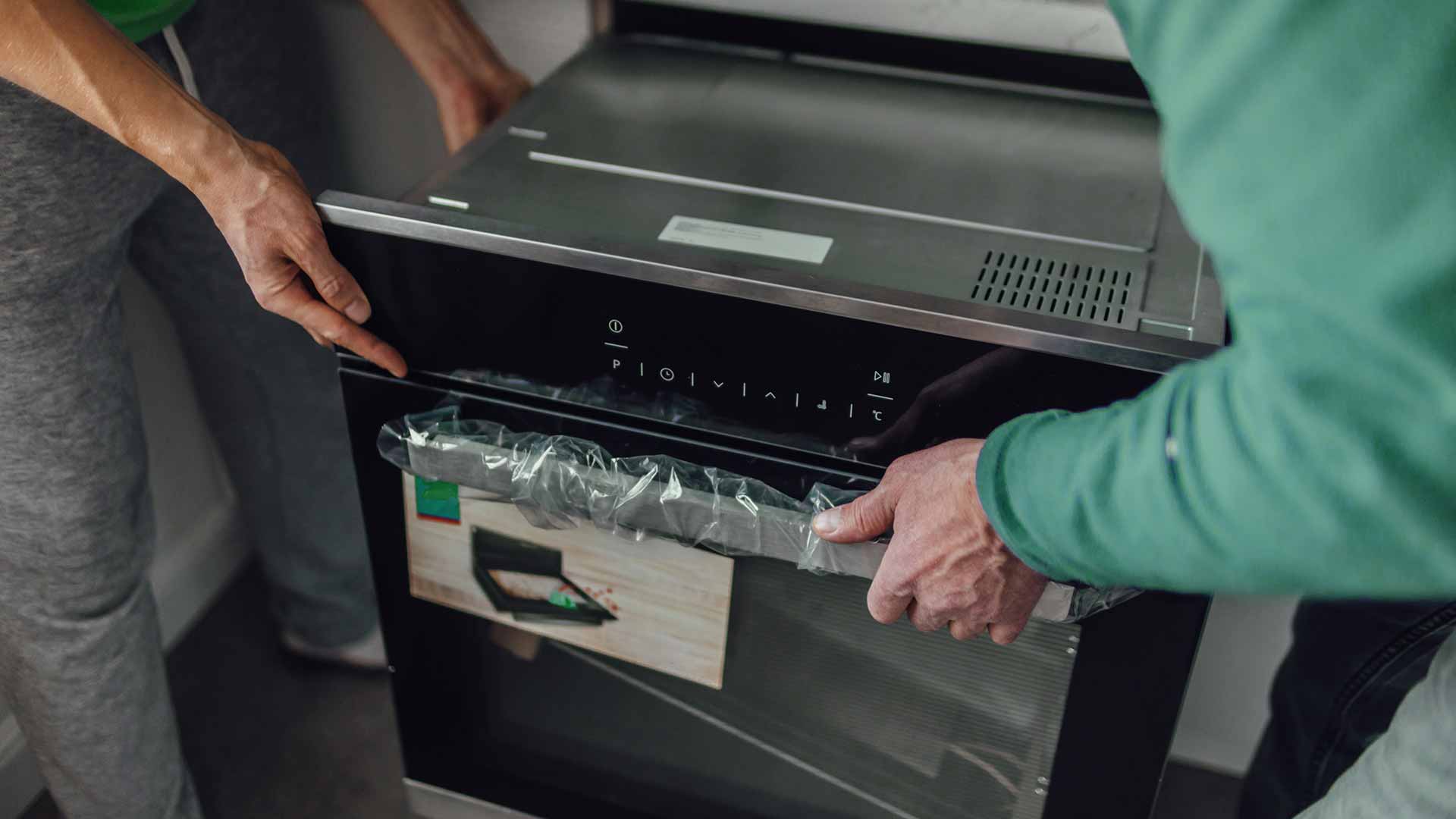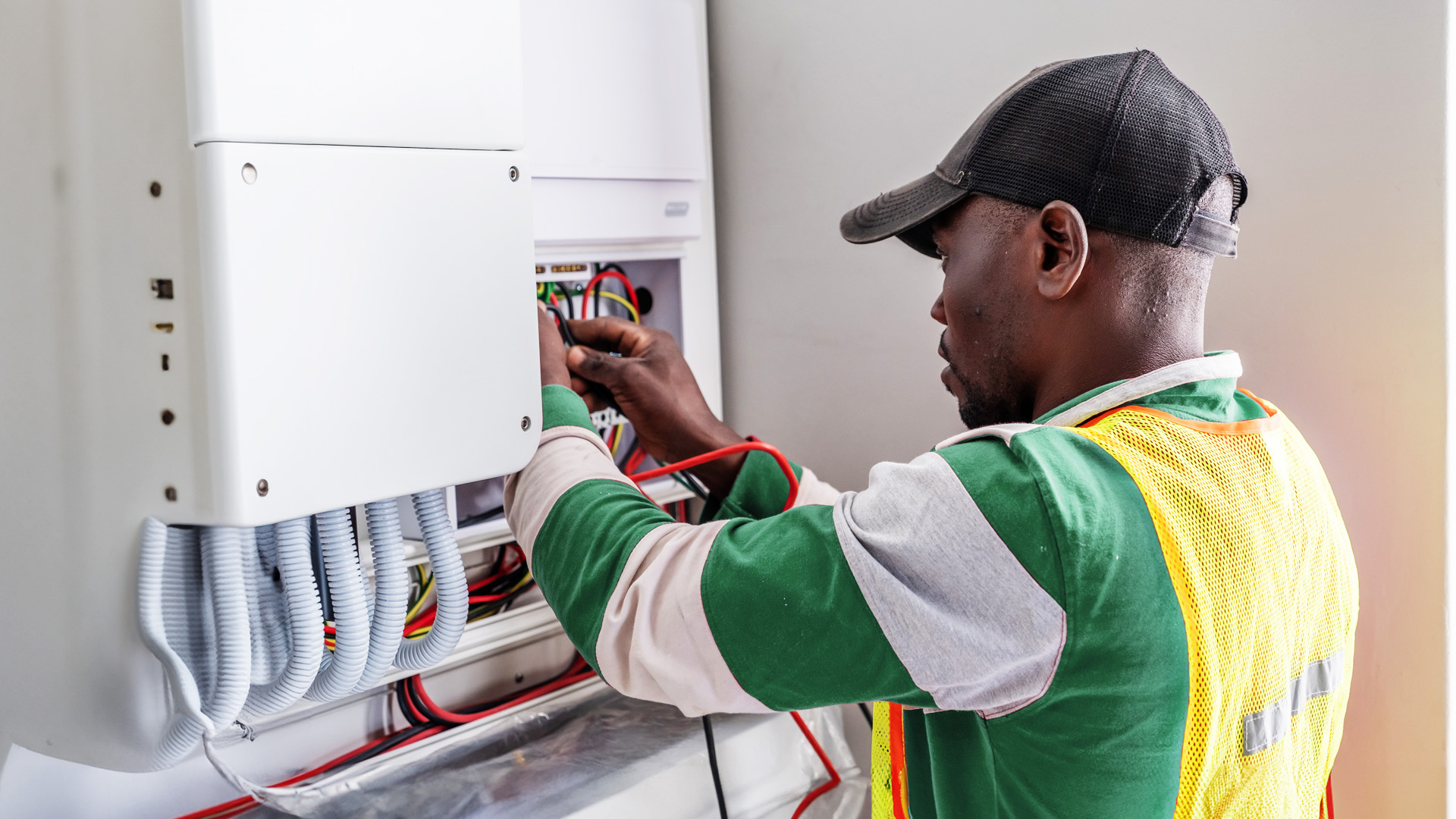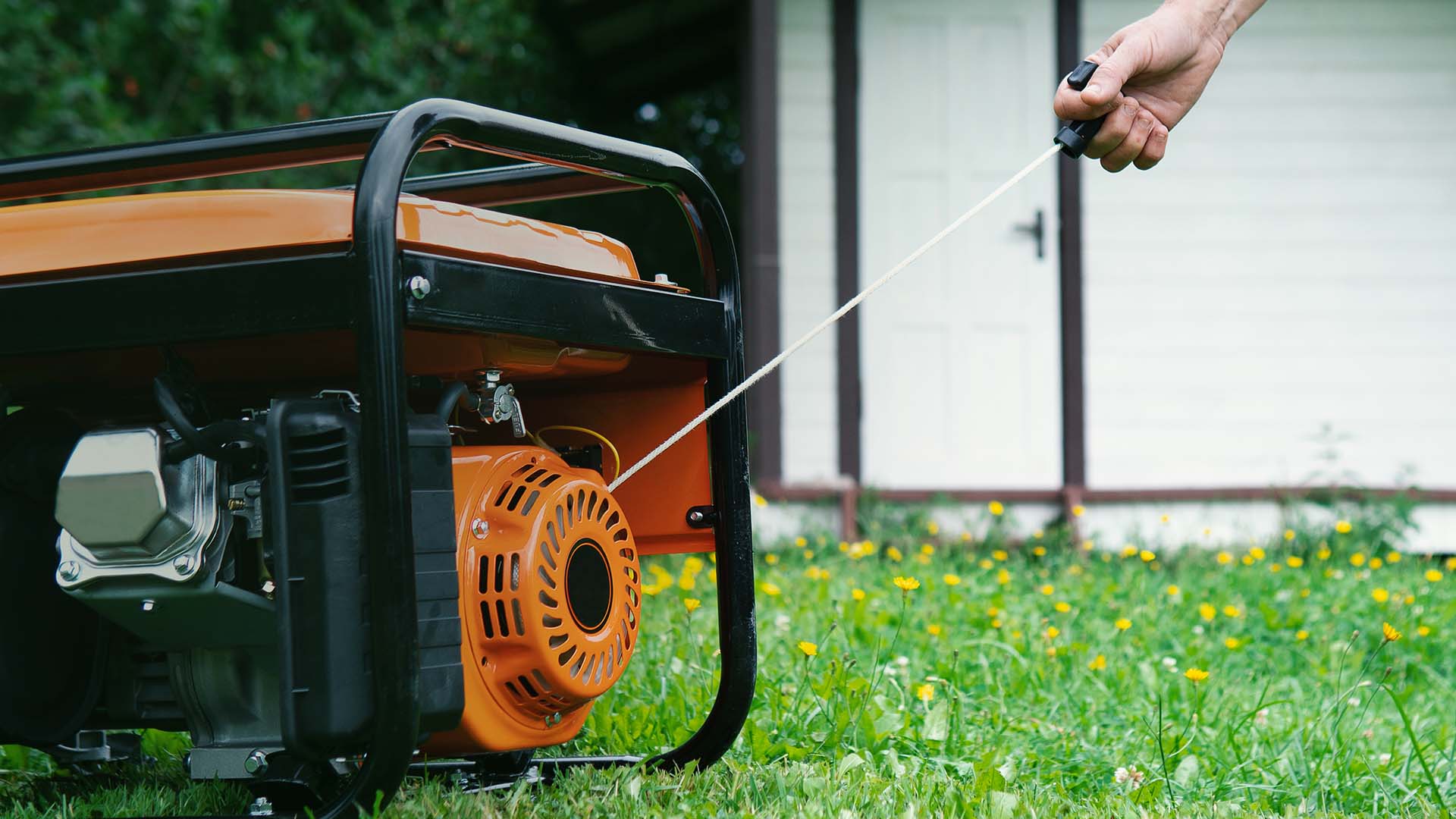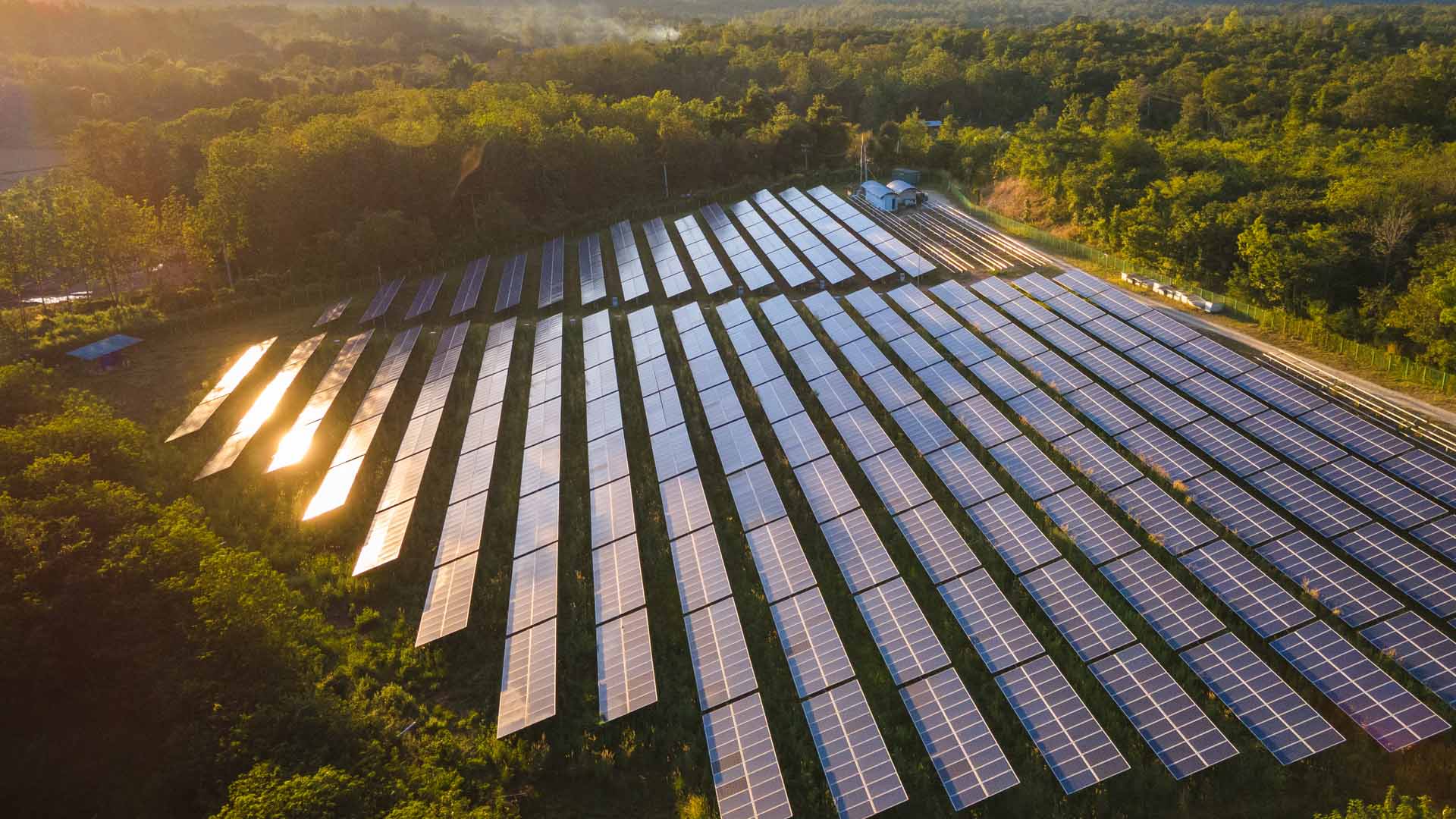As temperatures start dropping in April and May every year, your municipal electricity bills usually start to rise. If you're on a prepaid meter, the number of units you'd buy to last all month in summer may start to run out before month-end. You start topping up mid-month or buying more at the start of the month.
It might seem obvious that you'll pay more because you'll be using more electricity in winter, but it's still an increased cost that you'll have to fit into your budget – already under strain in many households. And is more power use the only reason your bills go up in winter? No, in fact, it isn't. This blog explores how tariff structures and seasonal pricing also push up the price of electricity in winter, so you can adjust how you use energy and cut costs.
Higher use vs higher electricity prices
The National Energy Regulator of South Africa sets the price per kWh that Eskom is allowed to charge for electricity, and reviews this rate every year. However, what you end up paying for electricity depends on 3 factors: the amount of electricity your household uses a month, municipal tariffs and service charges, and in the case of prepaid customers, the service fee charged by the prepaid voucher vendor.
In winter, these factors intersect because you're using more power, and paying more for it:
- You use essential appliances more
Heaters use large amounts of energy and can account for up to 47% of your household electricity use in winter. Electric geysers also use more energy to heat the colder water, making up another 14% of your increased monthly use – and you'll use stoves, kettles, and microwaves more often for hot meals and drinks in winter. The sun sets earlier and rises later, so you'll use more lights for longer in the mornings and evenings. Tumble dryers make it easier to do laundry in any weather, but that's another increased power cost.
- Municipal and vendor tariff adjustments
Some municipalities increase the cost per unit during winter months – so even if your consumption remains unchanged, your bills may reflect higher charges. SA operates on a sorted pricing system, where electricity costs more per unit as you exceed certain thresholds. Increased winter use can push you into a higher pricing bracket, so you're paying more than usual for the extra units.
Prepaid customers pay more for the same reason, as municipalities apply 'block tariffs' that increase according to how much power you buy, or if you top up power during the month. And if vendor fees are a percentage of the amount you spend, as some are, buying more prepaid electricity in winter increases your vendor costs too.
As the winter price rises start to bite, it's time to consider a sustainable, affordable, alternative energy source
How to save electricity
You can use less electricity with strategic adjustments and avoid drastic lifestyle changes.
- Install alternative heaters and more energy-efficient geysers. Solar and gas geysers can lower your costs. Even an upgraded electric geyser can be more cost-efficient – for example, an integrated heat pump geyser uses much less electricity to heat water faster than a conventional geyser. It's just one of the cost-saving solutions you can find on Avo Water by Nedbank.
- Compare gas heater, panel heater, oil heater, bar heater, and fan heater options. Different heaters are designed to suit different spaces – for example, a low-wattage wall-mounted panel heater that you can leave on all day at low cost might be a more affordable fit for a small room than a high-wattage 3-bar heater, even if you only use the bar heater at night. Do some calculations that consider each heater's maximum power output, how effective it will be according to the size of the room, and how long you will need to run it every day, to determine the most cost-effective.
- Invest in geyser blankets and timer switches. These keep water hot for longer and ensure that the geyser element draws power only when necessary.
- Insulate the ceiling, windows and doors. Insulation will keep your home warmer while using less heating. So will permanent or temporary seals (like a draught excluder at the bottom of a door) on any gaps that let in cold air.
- Layer for warmth. Wear several layers of clothing and, when necessary, wrap yourself in a thick blanket. If you can keep everyone in the household in their own cocoon of warmth, you can spend less on heating the rooms.
- Maximise sunlight penetration. Keep your curtains open from sunrise to sunset. This will make your home warmer and give you more natural light indoors, so you need less electric light.
- Unplug standby appliances. Electronics draw power even when turned off or in standby mode. Unplugging devices that aren't in use may save only a tiny amount, but it all adds up.
- Practise energy-efficient cooking. Air fryers, slow cookers, solar ovens, induction cookers, rocket stoves, oven 'wonderbags', batch cooking, and covered pots are all ways to use less electricity when cooking.
Invest in reliable, sustainable, affordable power with Avo Solar
With our electrical infrastructure in poor condition over much of the country, leading to unexpected grid failures in between persistent bouts of load-shedding, rising electricity costs are even more painful. As the winter price rises start to bite, it's time to consider a sustainable, affordable, alternative energy source. A solar power system with solar PV cells linked to a battery and inverter to power the appliances in your home could be the solution you need.
Avo Solar is Nedbank's 1-stop solar shop – with packages that include:
- a thorough assessment of your needs to design a system that fits your budget,
- connecting you with a qualified, certified installation expert,
- the cost of components and installation, and
- an electrical compliance certificate that allows you to connect your home system to the Eskom grid.
Avo Solar offers packages to suit all budgets, and you can also build your solar system in modules – starting with affordable backup for power outages, then adding more panels and batteries over time to increase your savings on electricity costs.
Avo SuperShop also offers a range of ways to stay warmer in winter – from gas and electric heaters to blankets and winter woollies.
